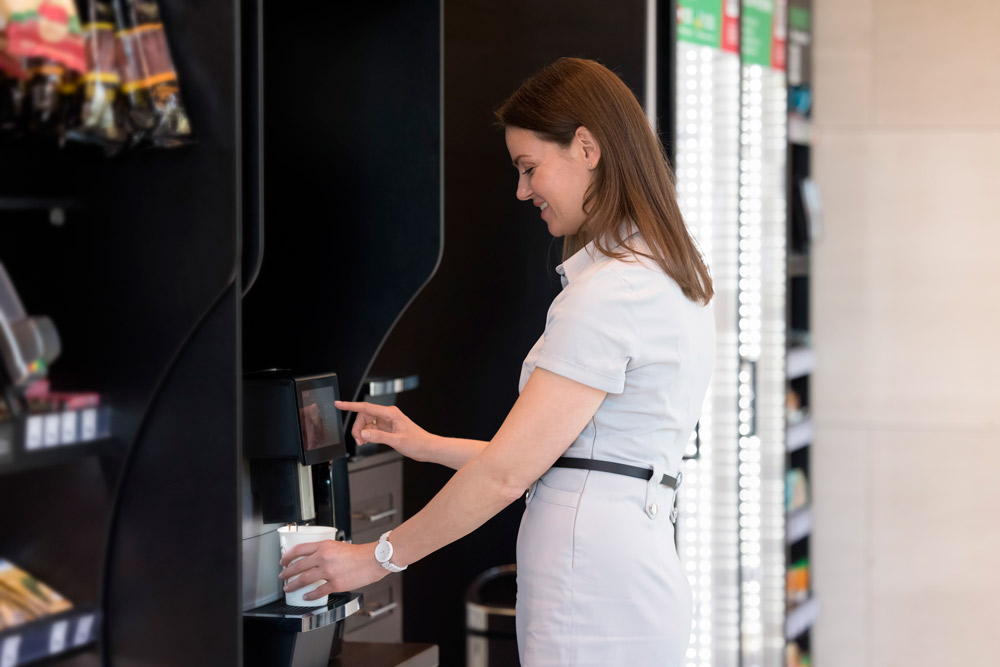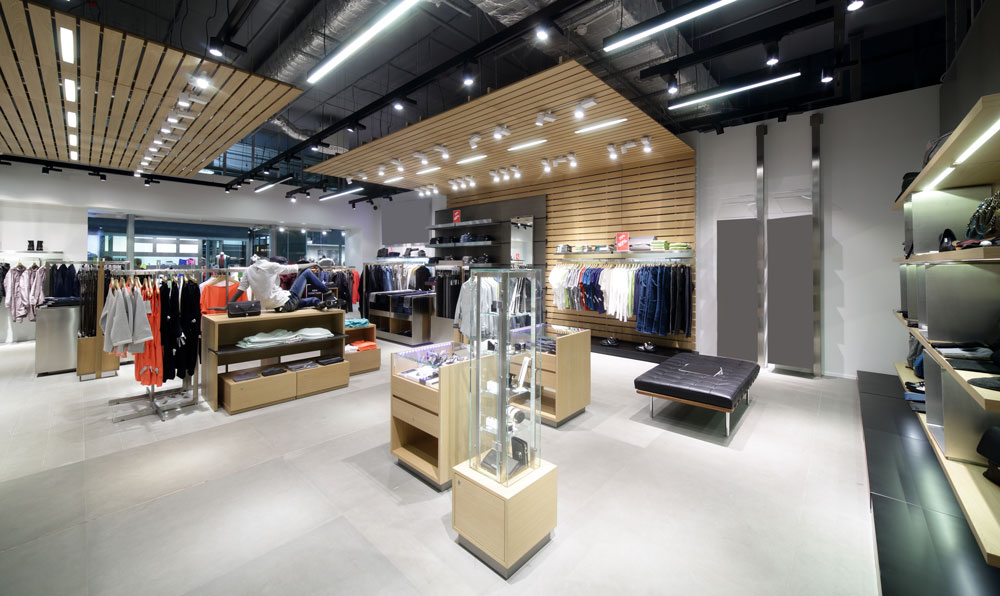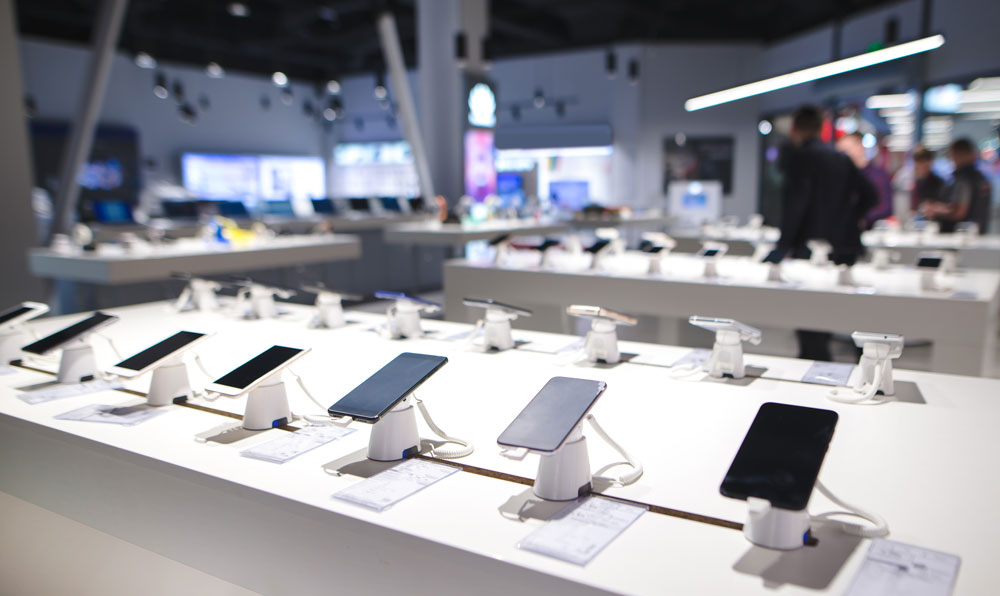
Source: foodretail.es
Online shopping has become the norm over the past two years, and 2022 promises to continue this trend. According to the agency EXE, at the end of 2021, Spaniards spent on average 2,336 euros on e-commerce, 11% more than in the previous year. But it forecasts growth between 30% and 50% for this year.
All this, without detracting from the physical store, which will continue to play a key role in the new omnichannel context, with recent studies showing an increase in shoppers’ interest in returning to stores. The combination of a changing market and new social contexts brings a new challenge: that of being able to respond to totally unexpected situations to which retailers must adapt immediately.
This required agility is often limited by the existence of legacy technologies, which are unable to offer retailers the necessary speed to keep pace with innovations and changes in the environment, says omnichannel platform Openbravo.
In this sense, modularity, which is the ability of technology solutions to adapt flexibly according to the business needs and pace, is positioned as a solution that offers a level of “functional and technical flexibility.” According to the firm, it allows adaptation to different scenarios and a quick reaction to possible unforeseen events.
Modularity is one of the critical building blocks of the Composable Business concept introduced by Gartner. An accelerated form of digital business that requires the adoption of more granular solutions that allow organizations to be faster to move and respond to change. According to Gartner itself, by 2023, organizations that have adopted this model will outperform the competition 80% in the speed of implementing new functions. A key advantage to also support greater resilience in operations.
Benefits of modularity
Modularity offers four clear advantages:
-
Greater scalability. By adopting modular software, the company only incorporates those applications or functionalities that it needs at a given time and can decide to extend or reduce them over time. In this way, organizations achieve greater flexibility and potentially reduce initial costs, an attractive benefit, for example, for retailers in the process of rapid growth.
-
Better shopping experience. Modularity is becoming essential due to the exponential increase in the complexity of shopping scenarios, with the increasingly frequent emergence of new channels, delivery methods, or payment methods, such as BNPL (Buy Now Pay Later). In these cases, it is essential to adopt a solution that can adapt to all of them in the form and speed required by the business.
-
Greater capacity for innovation. A modular system provides the opportunity to innovate more and faster, facilitating the execution of pilots that minimize the investment risk and ensuring the system’s future evolution.
-
Greater competitiveness. The level of functional and technical flexibility provided by modularity allows the retailer to adapt to different scenarios and, therefore, to react quickly to unforeseen situations. In a market that forces retailers to seek vaster differentiation through innovation, it allows them to be more competitive in a constantly changing context.













